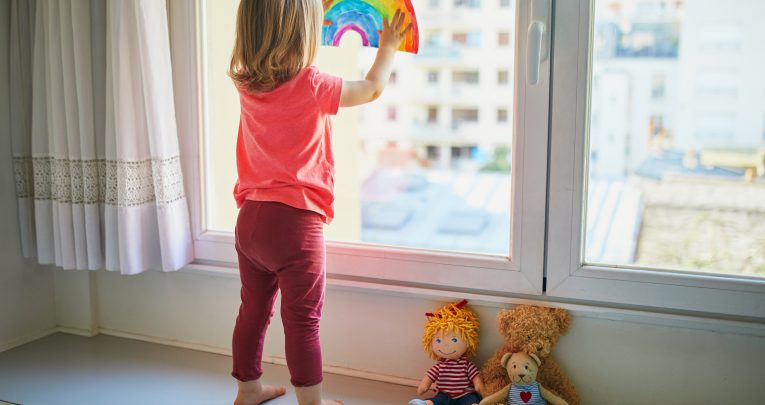Lockdown has polarised families – some children have benefitted, while others are struggling

Now is a good time to reflect on the mental health and wellbeing of children in our care, says psychologist Kay Brophy

- by Kay Brophy

As a children’s counsellor working mainly in schools, I have observed some unexpected outcomes in relation to the mental health and wellbeing of children.
The closure of schools has brought a myriad of responses – some children have become defiant, argumentative and difficult, while others seem happier and calmer.
Many of the children I work with struggled with daily life before lockdown, but this unique situation has brought relief for many of them. Parents have reported a marked change in behaviour and it seems long-standing tics, rituals and routines (coping strategies we would refer to as OCD-type behaviours) have disappeared.
Their children are calmer, happier and more able to learn.
But this has not been the case for all children.
Those who have learnt coping strategies through building relationships and connections with people outside of their home environments have been desperate to get back to school.
They miss their friends, teachers and the routines they are used to.
Being home all the time is not enjoyable to the children who process their emotions by connecting and engaging with the wider community, and lockdown has had the opposite effect. It has increased their stress levels and provoked feelings of fear, sadness and anger.
While there are many children who fall somewhere in between these two spectrums, it does seem that lockdown has polarised the nation’s families and uncovered a surprising dynamic among our children.
Children are all different and we need to find a way to allow them all to feel accepted, so that they do not become disengaged with our society going forward.
A lot has changed. We have all been through it together, and I think now is a good time to reflect and take stock.
We have learnt many important life lessons, including to value key skills in our society that we maybe took for granted before. Is it time to start to reflect this in our teaching of children too?
I think it’s time we moved away from measuring ‘success’ solely in terms of achieving – an exam, a spelling test, scoring a goal in football, and ‘fitting in’ to the norms of our society.
All children want to achieve good things and please the adults around them. However, some were already struggling to find ways to do this in their ‘normal’ daily life before the lockdown.
There are some things in life that we can’t control, and a global pandemic is certainly one of them, but we do have control over our children’s futures.
We can control how we respond to them when they are fearful, sad or angry. We can control how we talk and listen to them.
Children do not need us to judge and label them; they need us to help and guide them.
All behaviour, including difficult behaviour, is a signal; a coded message which can be interpreted by the careful observer. It is time we learnt to accept and value all children for who they are, not fit them into a system that only values results.
Their future skills will be the contributing factor to our society, and that has never been more apparent than now – emotional intelligence has to be a priority for children moving forward. Kay Brophy is a psychologist and author of the Finding Your Way series of books. Follow Kay on Twitter here.










